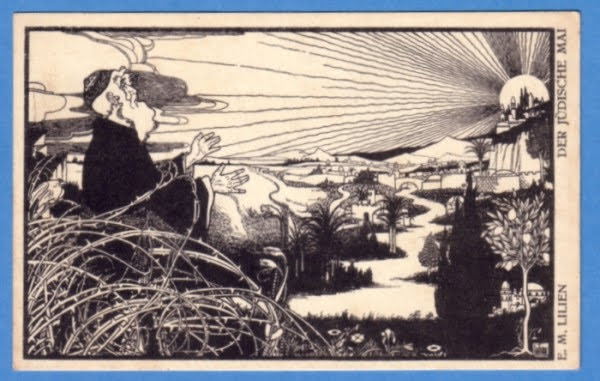December 4, 2023: the Day the Left Died in San Leandro

(Costanoan by Pastel @ Highway 880 Marina West Exit ) I remember the exact day that the Left in San Leandro died. It was actually a Monday evening downtown at City Hall. There was a city council meeting that night and it was packed. A group of fellow local activists, and even more from outside the community, had organized a protest against the then-recent war in Gaza between Israel and Hamas. The protest erupted into civil disobedience that shut down the city council meeting, before ultimately descending into bigotry and violence. I know because I was there. This post has been a long time coming. Some have repeatedly asked me to share what happened. Just as many would like to pretend nothing happened that night. A few have even threatened me against ever writing about it. But I'd bet that there are also a lot of people who have absolutely no idea what happened. This isn't about spreading salacious stories for social media clout. It's about holding ourselves accountable as...














